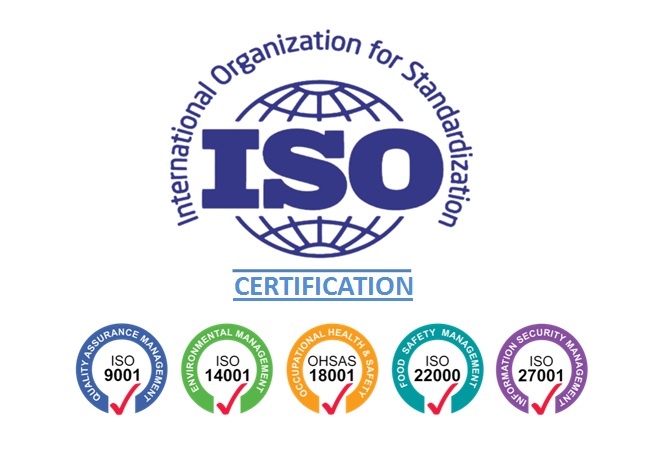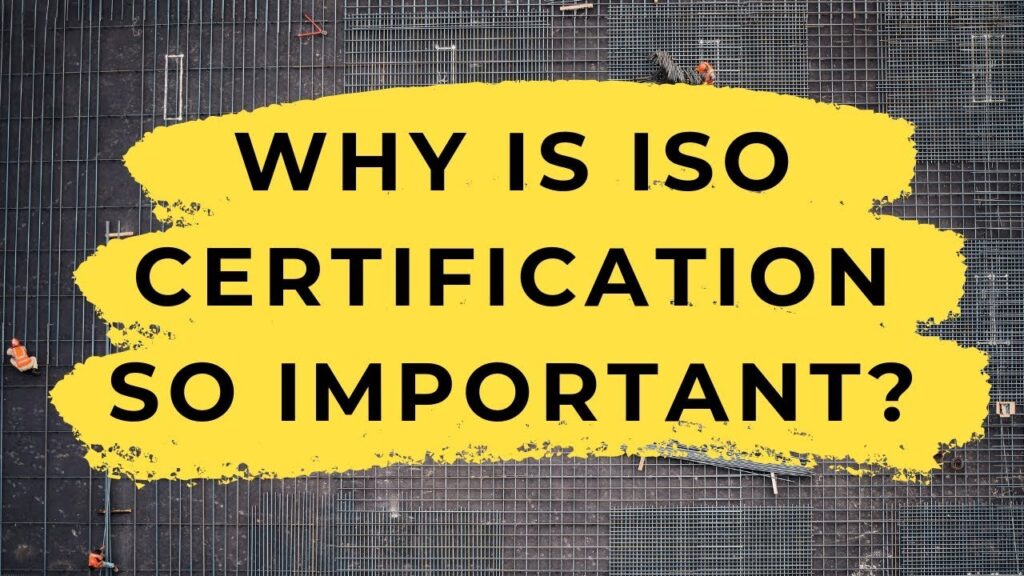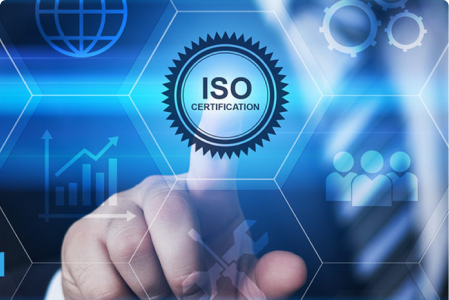ISO Certification In Bangalore
In today’s competitive business landscape, ensuring your company stands out amongst the rest is crucial. One effective way to achieve this is by obtaining ISO certification. ISO certification not only validates your commitment to quality and efficiency but also opens up a myriad of opportunities for growth and expansion. This article delves into the best reasons why obtaining ISO certification in Bangalore, or any city for that matter, is a strategic move for businesses. Introduction ISO certification is a globally recognized standard that signifies a company’s adherence to specific quality management practices. By achieving ISO certification, businesses demonstrate their commitment to meeting customer expectations and continuously improving their processes. Enhanced Credibility A. Global Recognition: ISO certification is universally acknowledged, giving businesses credibility on an international scale. B. Demonstrates Commitment to Quality: Obtaining ISO certification signals to customers, suppliers, and stakeholders that your company is dedicated to delivering products and services of the highest standards. Access to New Markets A. International Trade Opportunities: ISO certification opens doors to new markets by providing assurance to foreign customers and governments that your products or services meet international quality standards. B. Competitive Advantage: In markets saturated with competitors, ISO certification can give your business a competitive edge, making it more attractive to potential clients and partners. Improved Efficiency and Processes A. Streamlined Operations: Implementing ISO standards encourages businesses to identify and eliminate inefficiencies, leading to smoother operations and increased productivity. B. Standardized Procedures: ISO certification requires businesses to establish standardized procedures, leading to consistency in processes and outcomes. Enhanced Customer Satisfaction A. Consistent Quality Products/Services: ISO certification ensures that businesses consistently deliver products and services that meet or exceed customer expectations, leading to higher satisfaction levels. B. Increased Customer Confidence: When customers see the ISO certification logo, they can trust that your company has undergone rigorous quality checks, instilling confidence in your brand. Regulatory Compliance A. Legal Requirements: In many industries, ISO certification is a legal requirement for conducting business, ensuring compliance with regulatory standards. B. Risk Management: ISO standards help businesses identify and mitigate risks, safeguarding against potential legal and financial repercussions. Cost Savings iso certification A. Reduced Waste and Errors: Implementing ISO standards often results in reduced waste and errors, leading to cost savings in the long run. B. Lower Insurance Premiums: ISO-certified companies may enjoy lower insurance premiums due to their reduced risk profile and adherence to industry best practices. Employee Morale and Engagement A. Clear Roles and Responsibilities: ISO certification provides employees with clear guidelines and expectations, fostering a sense of accountability and empowerment. B. Training and Development Opportunities: ISO certification often involves training programs aimed at improving employee skills and knowledge, leading to higher job satisfaction and engagement. Environmental Responsibility A. Sustainable Practices: ISO standards include requirements for environmental management, encouraging businesses to adopt sustainable practices and reduce their carbon footprint. B. Green Initiatives: ISO certification demonstrates a company’s commitment to environmental responsibility, appealing to eco-conscious consumers and stakeholders. Conclusion In conclusion, obtaining ISO certification agency in Bangalore offers numerous benefits for businesses looking to enhance their credibility, access new markets, improve efficiency, and demonstrate their commitment to quality and environmental responsibility. By investing in ISO certification, companies can gain a competitive edge, reduce costs, and foster a culture of continuous improvement. Don’t miss out on the opportunity to elevate your business to new heights—get ISO certified today!
ISO Certification In Bangalore Read More »




